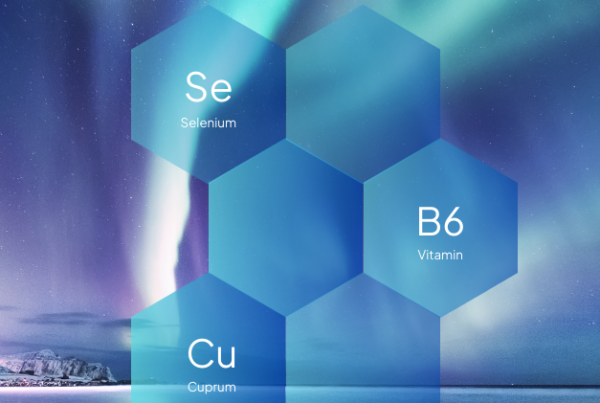Article #4 – In the next few weeks, RNI Consulting will discuss different topic around the Probiotic theme. With this series, you will learn about probiotics and the regulatory framework.
As we discussed in our last article, the most common pathways to achieve regulatory compliance are through Generally Recognized as Safe (GRAS) or a New Dietary Ingredient Notification (NDIN). Once you have determined which path is most appropriate for your individual probiotic and product goals, the next step is to develop the dossier. There are unique considerations for probiotics, and in this installment of our probiotic series, we discuss the basic information requirements for a probiotic GRAS or NDIN dossier.
Both GRAS and NDIN dossiers must firmly establish the ingredient as safe for the intended use. It is important to note that the both the GRAS and NDIN pathways require the same type and amount of basic information to establish the identity and safety, which includes the following information:
History of use
This might include established use in foods or commercialized products and other regulatory agency opinions. This information can focus on the species level or can provide evidence of safe use of the specific strain if commercialized outside of the U.S.
Identity
For probiotics, this information should include adequate characterization to strain level (e.g. phylogenetic tree, whole genome sequence, ANI analysis, 16S alignment, strain specific PCR, etc.) and appropriate in silico evaluations for antibiotic resistance, virulence, pathogenic factors, and toxicogenic potential. This information must be strain specific.
Manufacturing
You should have sufficient information to establish and document appropriate manufacturing controls and good manufacturing practices (GMP). This section should also address any ingredients used in manufacturing or added to the final product, allergens, product specifications, heavy metal analysis, and stability. Certificates of Analyses (COAs) should be included to confirm that the production and manufacturing methods consistently produces a probiotic material that meets the established specifications (typically recommend having 5 non-consecutive COAs).
Safety Data
The most important information is the safety data that shows the ingredient will be safe under the recommended conditions of use. This section should provide available species level safety data and strain specific safety data and may include classic toxicity/genotoxicity studies, along with clinical studies that assess adverse events, tolerability, and laboratory tests. The type and amount of data required to establish safety will depend on the species and the individual strain. For example, if the ingredient is not derived from a commonly consumed raw material/edible source, classic toxicity studies will likely be necessary to support safety. Additionally, well characterized strains within the Lactobacillus or Bifidobacterium species may not require a strain specific clinical study if there is sufficient species level data combined with strain specific in silico and toxicity data.
How do I know if I have enough data/information?
While we can look to FDA guidance on what information would be considered sufficient for GRAS and NDIN dossiers, guidance does not always account for the nuances of probiotic ingredients and getting into the mind of FDA on probiotic safety can be a challenge. However, response letters do offer insight into FDA thinking and can help set precedence and give direction for GRAS and NDIN dossiers. Common pitfalls can be seen in rejected GRAS and NDIN FDA response letters. For example, NDIN response letters have raised concerns around inadequate organism identification and strain characterization as well as the inability to establish the strain as a dietary ingredient.
Ensuring that a GRAS or NDIN dossier contains sufficient information and addresses any potential safety concerns is vital to success. While the path to regulatory compliance can be a challenge, RNI is here to help! We can evaluate your data package and develop strong GRAS and NDIN dossiers to successfully navigate the regulatory pathways and avoid potential pitfalls and roadblocks along the way to regulatory compliance for your novel probiotic ingredient.



